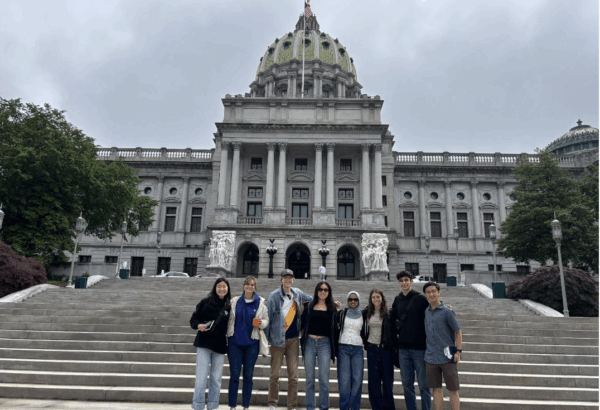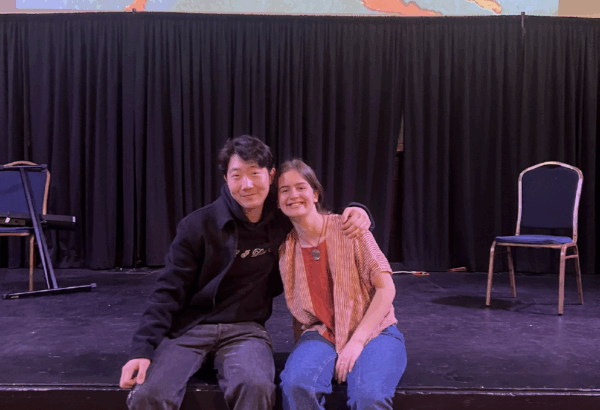Gratitude is a divine emotion: it fills the heart, but not to bursting; it warms it, but not to fever.
—Charlotte Bronte
To be moved by Gratitude
Emotions like fear, anger and even romantic love are emotions that easily capture the mind. Before you are fully conscious of them, you can be in the throes of these emotions and held captive by them. There is a power to these emotions. They can make your heart burst, which is generally described by poets as a good and exciting experience.
This year however, I am absolutely exhausted by the experience of being possessed by emotions like fear and anger. I am exhausted by watching those I know, and love suffer at the hands of these emotions. The exhaustion makes me very curious about approaching gratitude as Bronte describes it here.
Is it possible to intentionally fill our hearts with gratitude? To when we are not feeling grateful, invoke that emotion and move into that warmth?
It happens by thinking of just one thing I am grateful for –as small as a good meal, as big as a person in my life who makes my life better. And then to think of the next thing and the next. Almost like turning a dial on a space heater and feeling the room gradually warm, the list gradually brings heat and light to my heart.
Emotions that Connect and Emotions that Divide
Gratitude is an emotion that connects me—to others, to the natural world, in microscopic and telescopic ways I can move between specific and general pieces of my life and experience that bring warmth and connection. Because gratitude evokes reflection, I am able to see how different pieces of my life are connected. The connections are exciting and drive curiosity to find more ways that I can connect to other people and to the world around me. The interconnections build trust and foster the desire to continue to make new connections and to reinforce old connections, so they are deeper and stronger.
Fear and anger, by contrast are emotions that divide and isolate me from others. The world is divided into two camps: friends and enemies, people who understand and those who never will. There is a contagion to fear and anger and a recklessness towards painting groups into generalities driving further disconnection and isolation. Fear and anger further drive complaints that contract and limit my gaze. Instead of the grace and patience I would extend to friends, there is a harshness and a short attention span for anything outside of my agenda and perspective. You are with me or against me with little patience for the complexity of questions behind why you may hold a different point of view.
Gratitude as Divine
Bronte calls gratitude a divine emotion. It gently demands that we widen our gaze beyond ourselves so that we can look up and out. In so doing gratitude creates growth within and allows us to desire good for others. Grateful hearts are curious, warm, connected and full. They open our eyes to a world that is bigger than us.




